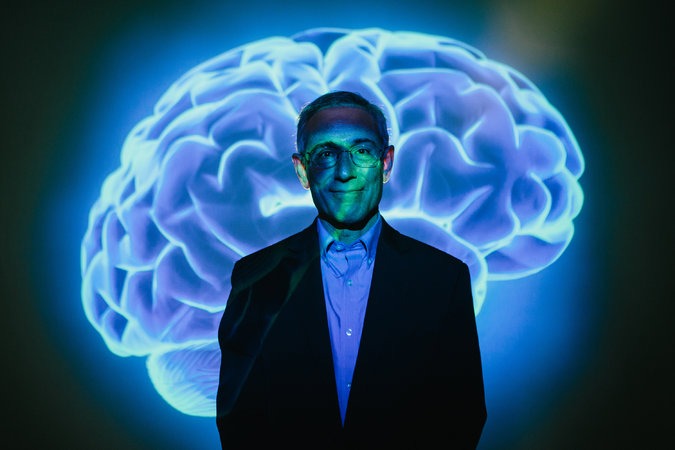Posts Tagged ‘symptoms’
Mental Health Innovation and Dr. Tom Insel: from the NIMH to Google/ Verily Life Sciences to Startup Mindstrong
— Former Alphabet exec is working on an idea to detect mental health disorders by how you type on your phone (CNBC): “Can a smartphone detect whether a user is suicidal or depressed? That’s the promise of an exploding number of mental health entrepreneurs, who are exploring opportunities to monitor users’ smartphone behavior to detect…
Read MoreShall we question the brand new book of human troubles
With three years still left until publication, the fights over the new version of the psychiatric diagnostic manual, the DSM‑V, are hotting up and The New York Times has a concise article that covers most of the main point of contention. — “What you have in the end, Mr. Shorter said, “is this process of…
Read MoreNeurofeedback/ Quantitative EEG for ADHD diagnosis
Like all psychiatric disorders, ADHD is diagnosed based on the presence of particular behavioral symptoms that are judged to cause significant impairment in an individual’s functioning, and not on the results of a specific test. In fact, recently published ADHD evaluation guidelines from the American Academy of Pediatrics (AAP) explicitly state that no particular diagnostic…
Read More
